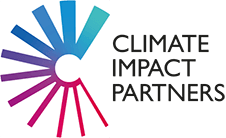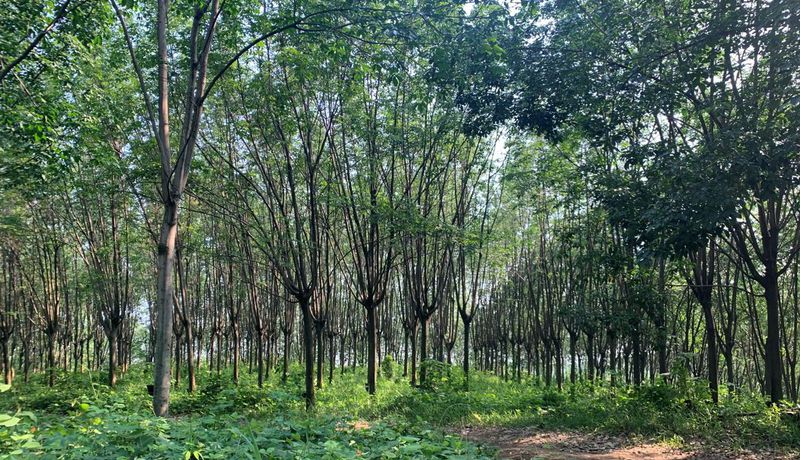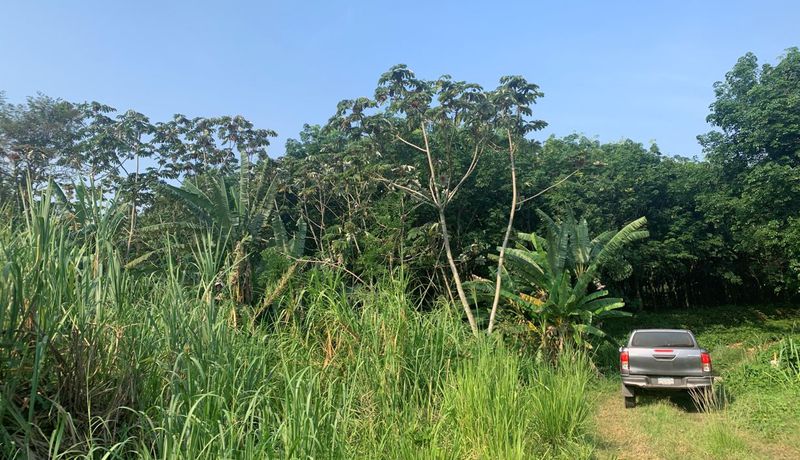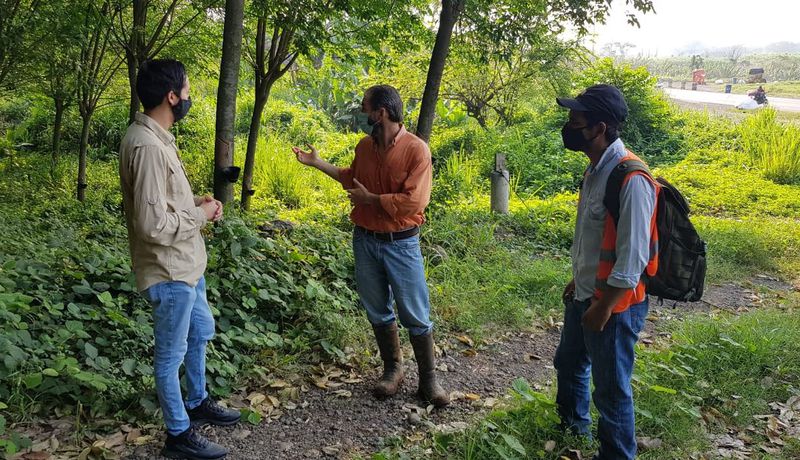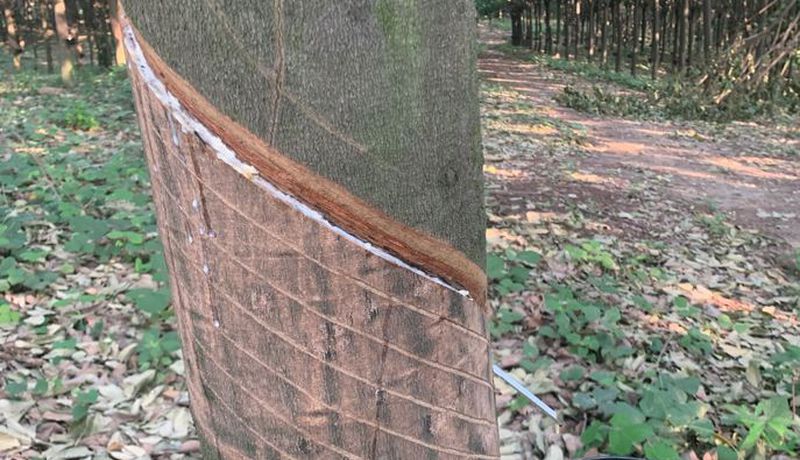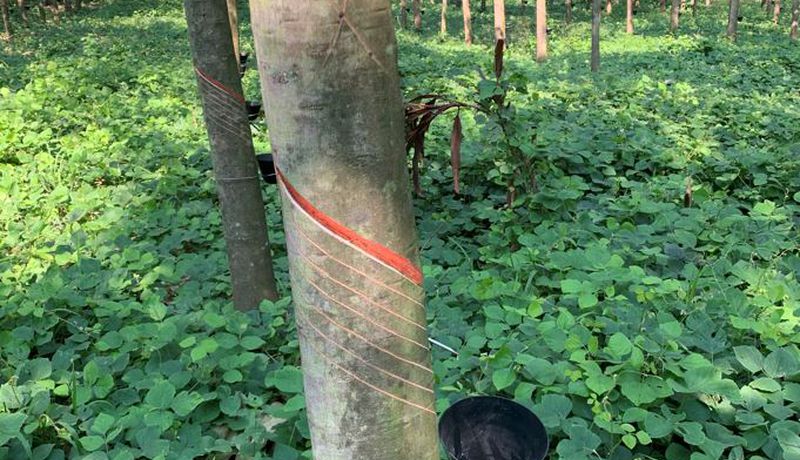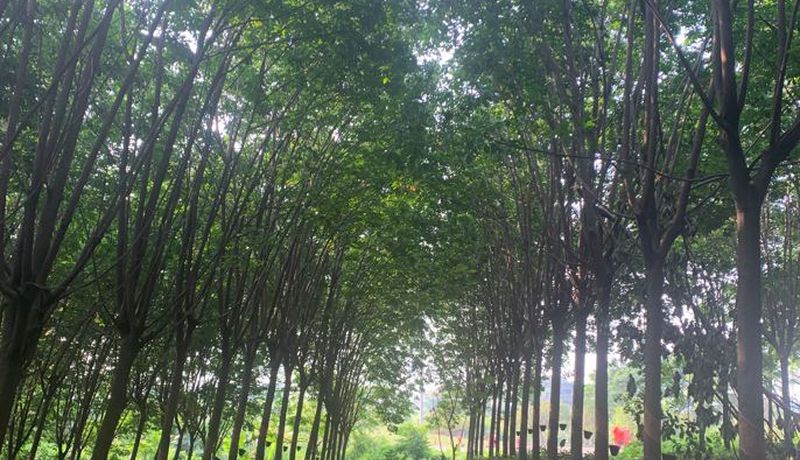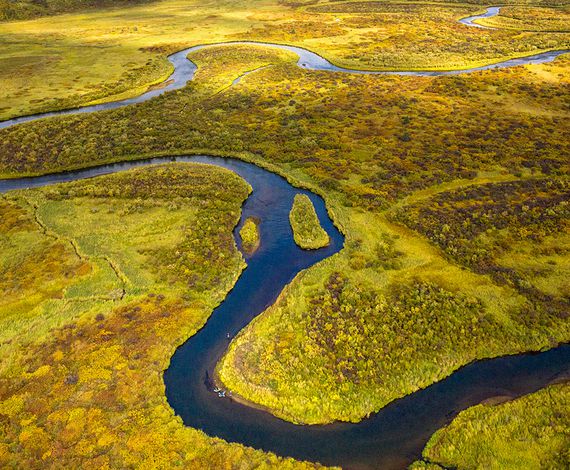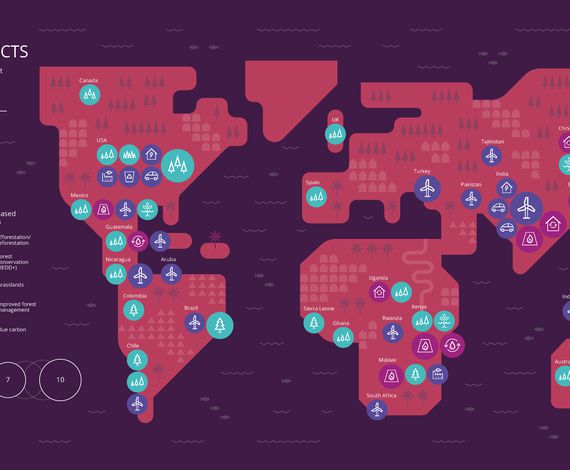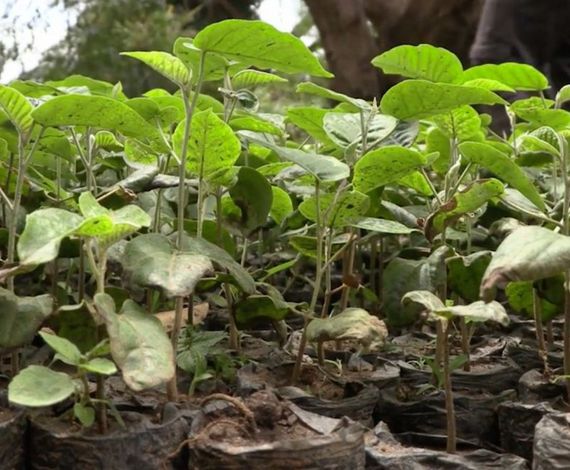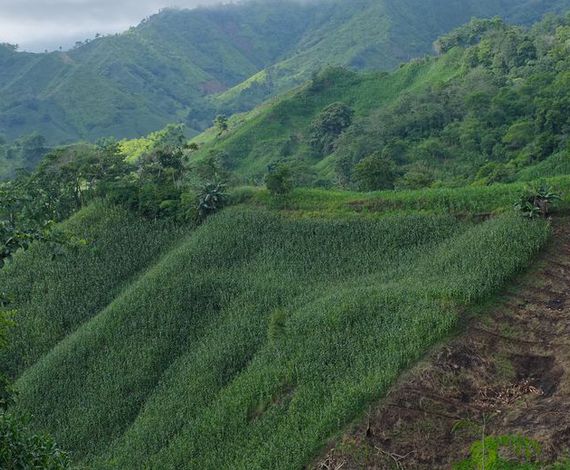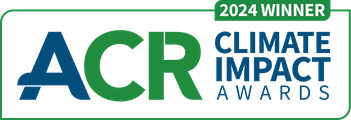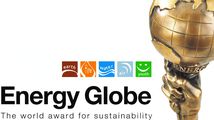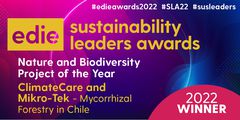Econegocios works to reduce deforestation and empower communities by developing innovative and sustainable carbon projects in Latin America. Econegocios partnered with Climate Impact Partners in 2021 to bring essential carbon revenue for its rubber tree reforestation project in Guatemala.
Using our expertise in matching carbon credits from high quality projects with the right global buyers, Climate Impact Partners sourced carbon finance for the project, which will reforest 10,000 hectares of degraded land and remove 338,000 tonnes of CO2 emissions.
The biggest benefit of working with Climate Impact Partners has been the scalability it is giving us through its access to a broader range of buyers and having a multiyear contact to reduce our price risk. The interest and support for the CCB certification has also helped us better identify the benefits of the project and will help us improve our impact.
What support did Climate Impact Partners provide?
Econegocios approached Climate Impact Partners for our expertise in working with climate-leading corporates all over the world, in order to market and sell the project's carbon credits and make the project financially sustainable. Econegocios was looking for a trusted partner who could provide a reliable stream of funding.
First, Climate Impact partners conducted extensive due diligence on the project to ensure it met our standards for the highest quality and impact. We then advised the team to include an additional project certification - the Climate Community and Biodiversity standard (CCB) – to better capture the support the project provided to the community. This certification enhances the value of the project to companies wishing to meet ambitious climate goals alongside supporting sustainable development. We generated materials about the impacts of the project and worked with our extensive network of corporate clients to align with those whose climate action priorities matched the impact the project delivers. The sale of carbon credits supported the sustainable impact and expansion of the program.
How does the carbon finance project work?
With some of the highest rates of deforestation in Latin America, primarily due to conversion to cropland and pastureland, Guatemala has seen a 21% decrease in tree cover since 2000. The project reforests degraded land through the planting and management of rubber trees, which can be sustainably harvested for latex.
While rubber tree farming is less profitable than other land use options like sugarcane, it is more sustainable. There is a high upfront cost to plant the rubber trees which take six to seven years of growth before the rubber is harvested. Carbon finance enables the reforestation of land to be economically viable by financing the cost of planting the trees and the jobs to support the year-round maintenance of the land.
Unlike traditional rubber tree plantations, this project implements best practice and sustainable activities that promote social benefits (good relationships with the communities, employment, and fair salaries) that follow the Guatemala national code of workers and the Forest Stewardship Council (FSC) certification. It also generates full time employment as opposed to seasonal or outsourced jobs. These improved practices and better environmental outcomes come at a higher cost.
The benefit of carbon finance
Since 2011, the project has planted more than 900,000 trees across 2000 hectares that remove 45,000 tonnes of carbon emissions per year. In addition to restoring degraded areas, the project uses sustainable forest management practices that preserve biodiversity, improve soil quality, and create jobs for 500 people. Funds continue to be used to cover the additional costs of managing a sustainable rubber plantation and provide an incentive to continue protecting the trees. Carbon finance has enabled Econegocios to double the size of its initial project and aims to scale to 10,000 hectares in the future.
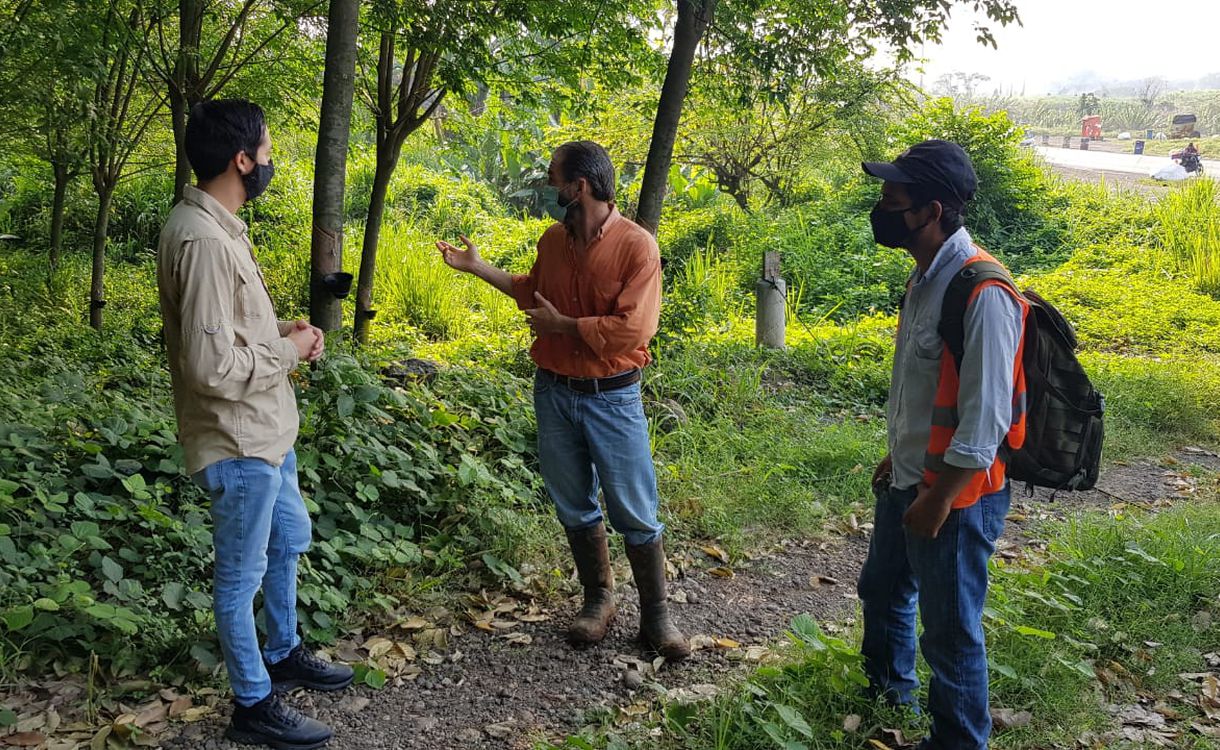
Rubber Tree Reforestation Project 360 Video Tour
Watch our short video to explore how rubber trees reduce deforestation and empower communities
Watch nowConnect with us
600+ Projects around the world
Further reading
Dernières actualités
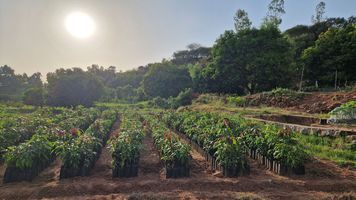
COP30:Coalition to Grow Carbon Markets Launches Shared Principles
The Coalition to Grow Carbon Markets has launched it Shared Principles on the use of high integriity carbon credits.
Pour en savoir plus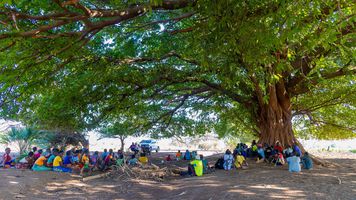
Farmer-led carbon reduction project to transform rural livelihoods for 240,000 Zambians
A new community-led carbon initiative has launched in Zambia which is set to remove up to 2 million tonnes of CO₂ annually by 2030.
Pour en savoir plusContribution à la réalisation des Objectifs de développement durable

Travail décent et croissance économique
Promouvoir une croissance économique partagée et durable, le plein emploi et un travail décent pour tous

Mesures relatives à la lutte contre les changements climatiques
Prendre d’urgence des mesures pour lutter contre les changements climatiques et leurs répercussions

Vie terrestre
Gérer durablement les forêts, lutter contre la désertification, enrayer et inverser le processus de dégradation des terres et mettre fin à l’appauvrissement de la biodiversité

La réalisation de nos projets permet de soutenir de nombreux objectifs de développement durable des Nations Unies.
Pour en savoir plus sur les objectifs de développement durable des Nations UniesLes toutes dernières Insights de
Climate Impact Partners

The ROI of Sustainability
Sustainability is no longer a side initiative; it’s a strategic driver for business performance.
Pour en savoir plus
Three Carbon Projects Driving Community Impact
The best carbon projects don’t just cut carbon, they can restore nature, improve lives and provide new economic opportunities for communities.
Pour en savoir plus
COP30: Carbon Market Insights
Find out about the key updates from COP30 impacting the carbon markets.
Pour en savoir plus